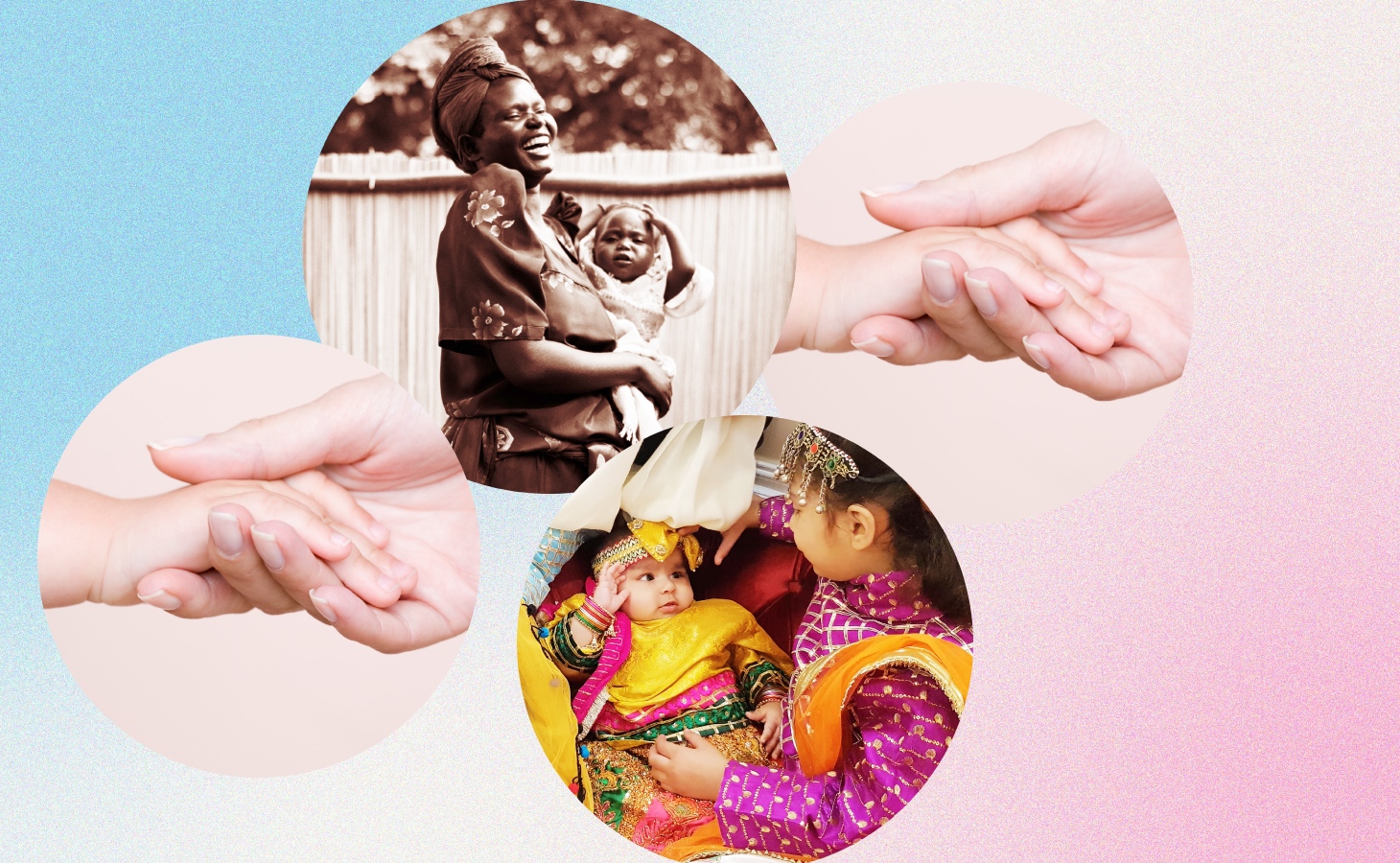The arrival of a newborn is among the greatest blessings bestowed by Allah upon a family. In Islam, this moment is not only celebrated with joy but also observed through prophetic traditions that carry both spiritual significance and practical wisdom. The Sunnah practices taught by Prophet Muhammad (peace be upon him) provide a structured and meaningful approach to welcoming a child into the world, ensuring their entry into life begins with divine remembrance and protective supplications.
One of the most immediate Sunnahs to be observed is the recitation of the Adhaan. It is prescribed that the father, or a knowledgeable elder, should call the Adhaan into the right ear of the newborn and recite the Iqamah into the left ear. This act is rooted in the tradition of Prophet Muhammad (PBUH), as reported in the collection of Tirmidhi, and serves to symbolically place the call to prayer—the call to faith—as the first words heard by the child, instilling a connection to Allah from their first breath.
Another important Sunnah is the practice of Tahnik, which involves softening a date in the mouth of a righteous person—often a learned elder or an Islamic scholar—and then rubbing it gently on the baby’s palate. If a date is not available, honey may be used as an alternative. This tradition was also performed by the Prophet (PBUH) and, interestingly, modern science has shown that this early administration of sugar-based substances can help prevent hypoglycemia in newborns, thus protecting against brain damage, especially in premature infants.
Naming the child is another key Sunnah, and it carries immense spiritual and psychological weight. The Prophet Muhammad (PBUH) always emphasized giving children names with good and noble meanings. He often named children after prophets, righteous people, or companions of high moral standing. Some traditions recommend naming the child on the seventh day, often coinciding with the Aqeeqah ceremony.
The Aqeeqah itself is a Sunnah and is considered a form of charity that offers spiritual protection for the newborn. It involves the sacrifice of two goats or sheep for a boy and one for a girl. This practice, usually done on the seventh day after birth, serves as a form of gratitude to Allah and symbolizes the child’s protection from evil influences. The meat from the sacrifice is typically distributed among relatives, neighbours, and those in need.
In line with the Aqeeqah, it is also recommended to shave the baby’s head on the seventh day. This act is seen as mustahabb (commendable) and is symbolic of purification. The hair is then weighed, and an equivalent amount in silver or its monetary value is given in charity, reinforcing the value of generosity from the earliest stages of life.
Lastly, for male children, circumcision is a Sunnah practice and is typically recommended before the child reaches puberty. In many traditions, it is performed on the seventh day, aligning with the timeline of Aqeeqah and head shaving. Prophet Muhammad (PBUH) is recorded to have had his grandsons, Hassan (RA) and Hussain (RA), circumcised on the seventh day after their birth.
These six Sunnahs offer a holistic and spiritually grounded approach to the early care and upbringing of a child. They not only reinforce the Islamic identity of the newborn but also embed valuable traditions of cleanliness, charity, and remembrance of Allah into the family structure from the outset. It is the hope of every devout parent that they are guided by Allah to fulfil these Sunnahs with sincerity and devotion, thereby beginning their child’s life journey upon the blessed path of Islam.

